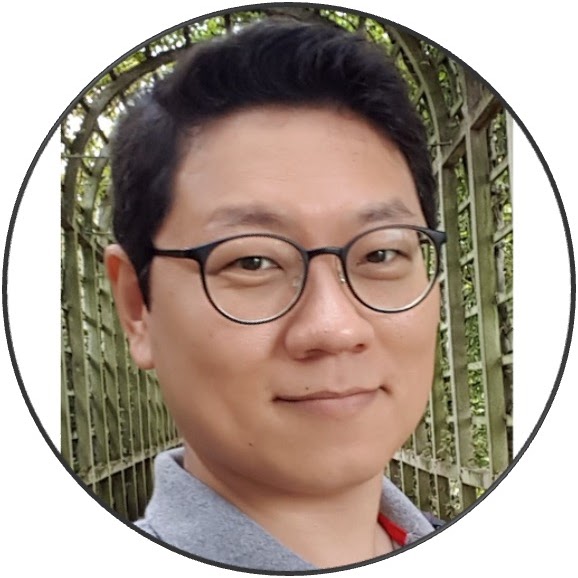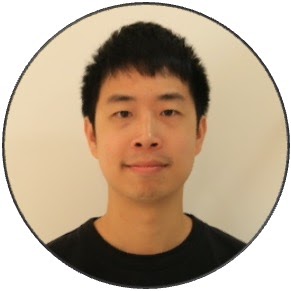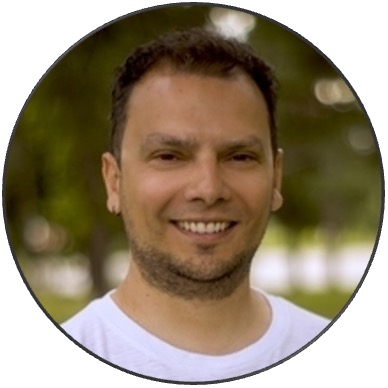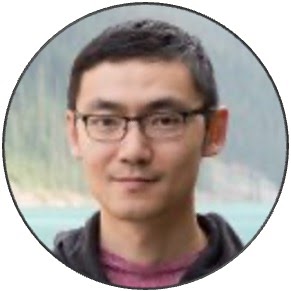This page is a rebuild of the original page, which can be found here
Overview
Welcome to join our ECCV 2022 Workshop!The sixth edition of this ECCV2022 workshop aims at gathering researchers who work on 2D/3D hand detection, segmentation, pose estimation, and tracking problems and its applications. This edition will emphasize reduced ground truth labels and focus on topics such as semi-supervised or self-supervised learning for training hand pose estimation systems. Development of RGB-D sensors and camera miniaturization (wearable cameras, smart phones, ubiquitous computing) have opened the door to a whole new range of technologies and applications which require detecting hands and recognizing hand poses in a variety of scenarios, including AR/VR, assisted car driving, robot grasping, and health care. However, labelling accurate real-world hand poses is still non-trivial. Most existing hand pose methods fail to generalize well to the real world scenarios, especially when considering hand-object or hand-hand interaction scenarios. As new multiview video benchmarks have been proposed for the hand-object or hand-hand interaction, our goal is to encourage semi-/self-supervised learning for hand poses to utilize spatial-temporal information and reduce reliance on annotations. We will also cover up a “breadth of application” including sign language recognition, desktop interaction, egocentric views, object manipulations, far range and over-the-shoulder driver footage. The relevant topics include:
Topics
We will cover all hand-related topics. The relevant topics include and not limited to:- 2D/3D hand pose estimation
- Semi-/self-/weakly-supervised pose estimation
- Hand-object/hand interaction
- Robot grasping and object manipulation
- Imitation learning, reinforcement learning
- Hand detection/segmentation
- Gesture recognition/interfaces
- 3D articulated hand tracking
- Hand modelling and rendering
- Hand activity recognition
- Egocentric vision systems
- Structured prediction, regression, and other relevant theories/algorithms
- Applications of hand pose estimation in AR/VR/robotics/haptics
- Driver hand activity analysis
Schedule(Israel Time)
Sunday afternoon (2:00 pm - 6:00 pm), Oct. 23. 2022 Grand Ballroom E, David Intercontinental, Tel Aviv
| 14:20 - 14:30 | Introduction/opening remarks |
| 14:30 - 15:00 | Invited Talk: Robert Wang |
| Title: Hands for AR/VR | |
| 15:00 - 15:30 | Invited Talk: Hyung Jin Chang |
| Title: Understanding Hand-Object Interactions in 3D with Graph-based Network | |
| 15:30 - 15:34 | Challenge results |
| 15:34 - 15:42 | Technical report: Cunlin Wu |
| Title: How to lift multi-view 2D hand pose to 3D counterpart? A closed form solution | |
| 15:42 - 15:50 | Technical report: Xiaozheng Zheng |
| Title: Multiview-Consistent Self-Supervised Learning for Hand Pose Reconstruction | |
| 15:50 - 16:50 | Coffee break & Paper (poster) presentations |
| 16:50 - 17:20 | Invited speaker: Yu-Wei Chao |
| Title: Human-Robot Handover: From Real to Sim | |
| 17:20 - 17:50 | Invited speaker: Dimitrios Tzionas |
| Title: Towards Human Avatars in Interaction with Objects | |
| 17:50 - 18:00 | Conclusion & prizes |
Accepted Papers & Extended Abstracts
We are delighted to announce the following accepted papers and extended abstracts will appear in the workshop! All Extended abstracts and invited posters should prepare posters for communication during the workshop.
Poster size: the posters should be portrait (vertical), with a maximum size of 90x180 cm.
Accepted Extended Abstracts
- Background Mixup Data Augmentation for Hand and Object-in-Contact Detection.
Koya Tango, Takehiko Ohkawa, Ryosuke Furuta, Yoichi Sato.
[pdf]
[supp]
- Scalable High-fidelity 3D Hand Shape Reconstruction via Graph Frequency Decomposition.
Tianyu Luan, Jingjing Meng, Junsong Yuan.
[pdf]
- MC-hands-1M: A glove-wearing hand dataset for pose estimation.
Prodromos Boutis, Zisis Batzos, Konstantinos Konstantoudakis, Anastasios Dimou, Petros Daras.
[pdf] [arxiv]
Technical Reports
- Multiview-Consistent Self-Supervised Learning for Hand Pose Reconstruction.
Xiaozheng Zheng, Chao Wen, Zhou Xue.
[pdf]
- How to Lift Multi-View 2D Hand Pose to 3D Counterpart: A Closed Form Solution.
Cunlin Wu, Yang Xiao, Changlong Jiang, Jinghong Zheng, Zhiguo Cao, Zhiwen Fang, Joey Tianyi Zhou, and Junsong Yuan.
[pdf]
Invited Posters
- S2Contact: Graph-based Network for 3D Hand-Object Contact Estimation with Semi-Supervised
Learning.
Tze Ho Elden Tse, Zhongqun Zhang, Kwang In Kim, Ales Leonardis, Feng Zheng, Hyung Jin Chang.
- AlignSDF: Pose-Aligned Signed Distance Fields for Hand-Object Reconstruction.
Zerui Chen, Yana Hasson, Cordelia Schmid, Ivan Laptev.
- Domain Adaptive Hand Keypoint and Pixel Localization in the Wild.
Takehiko Ohkawa, Yu-Jhe Li, Qichen Fu, Ryosuke Furuta, Kris M. Kitani, Yoichi Sato.
- PressureVision: Estimating Hand Pressure from a Single RGB Image.
Patrick Grady, Chengcheng Tang, Samarth Brahmbhatt, Christopher D. Twigg, Chengde Wan, James Hays, Charles C. Kemp.
- Generative Adversarial Network for Future Hand Segmentation from Egocentric Video.
Wenqi Jia, Miao Liu, James M. Rehg.
- TransGrasp: Grasp Pose Estimation of a Category of Objects by Transferring Grasps from Only
One Labeled Instance.
Hongtao Wen*, Jianhang Yan*, Wanli Peng, Yi Sun.
[poster] [video]
Invited Speakers




Organizers
Challenge Committee
Sponsors

Contact
hands2022@googlegroups.com


